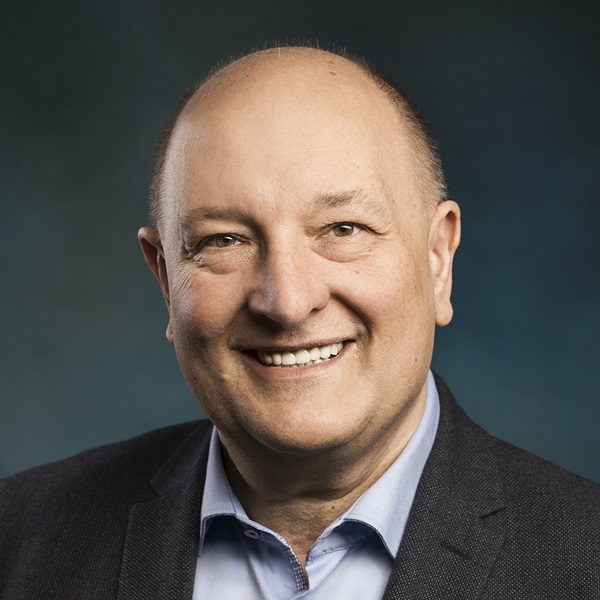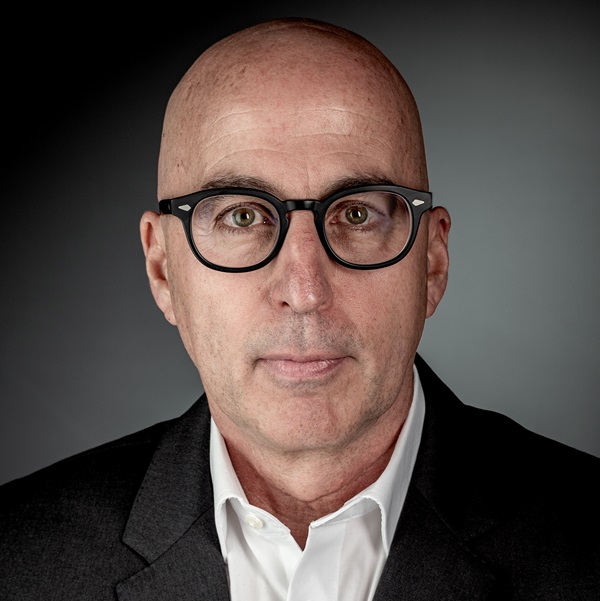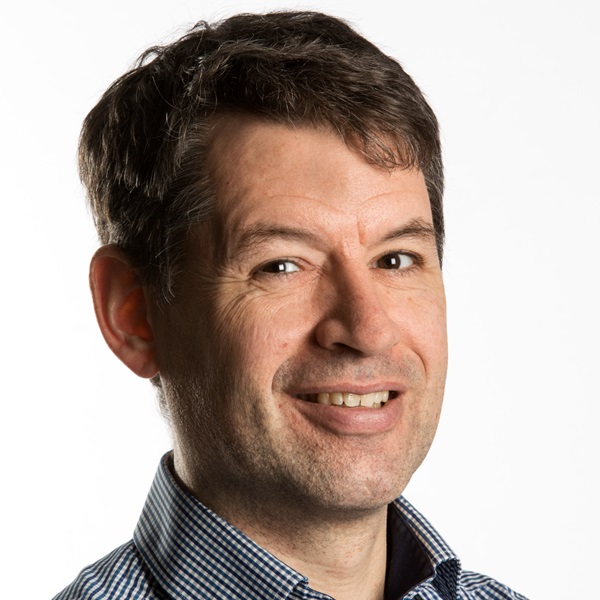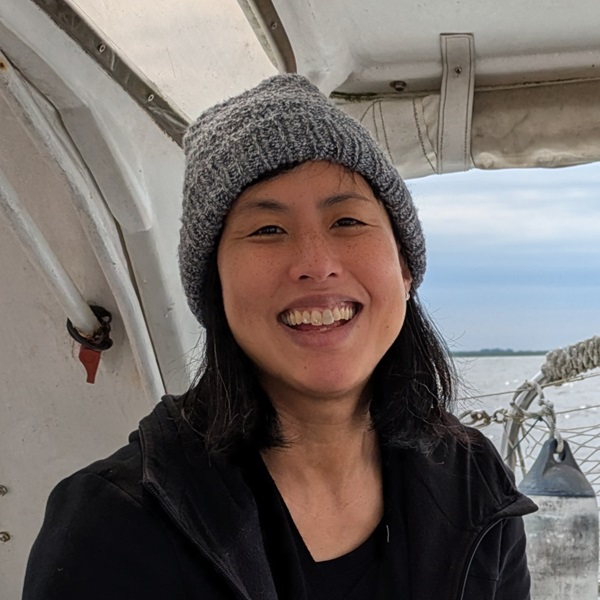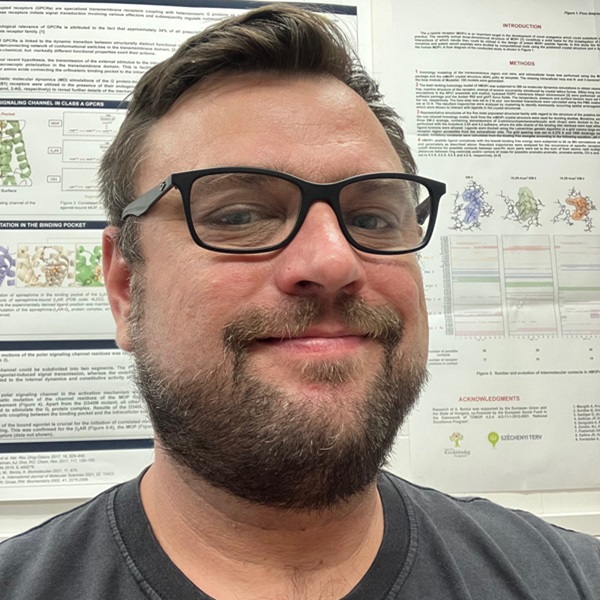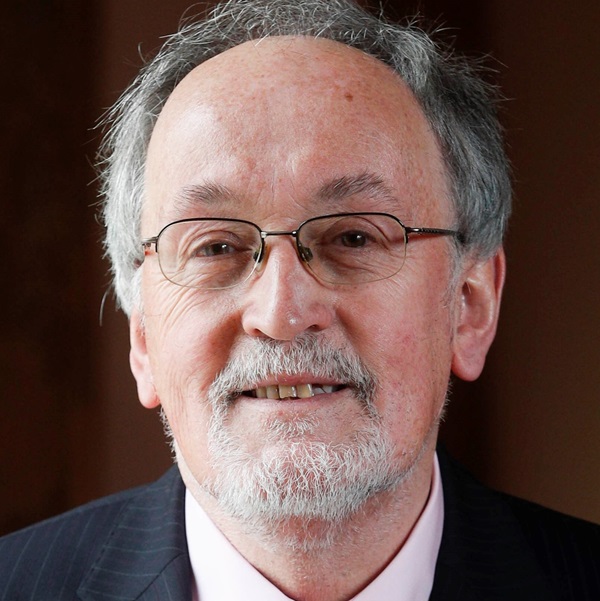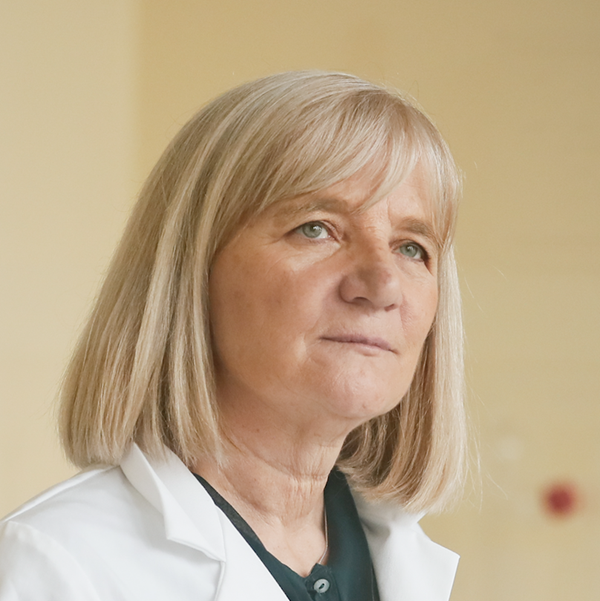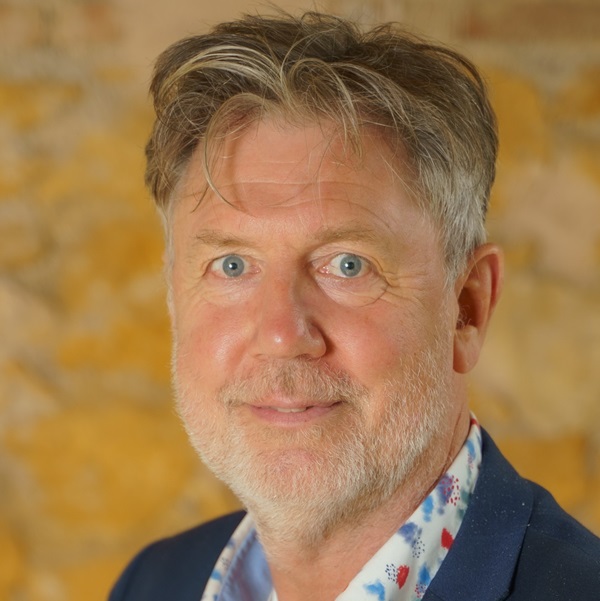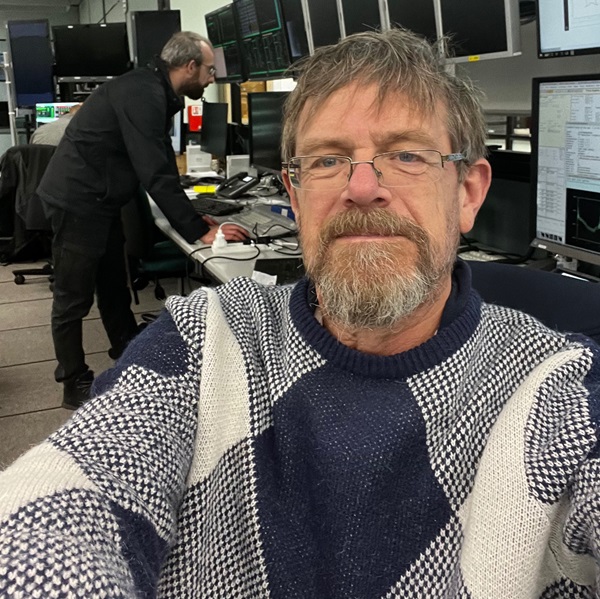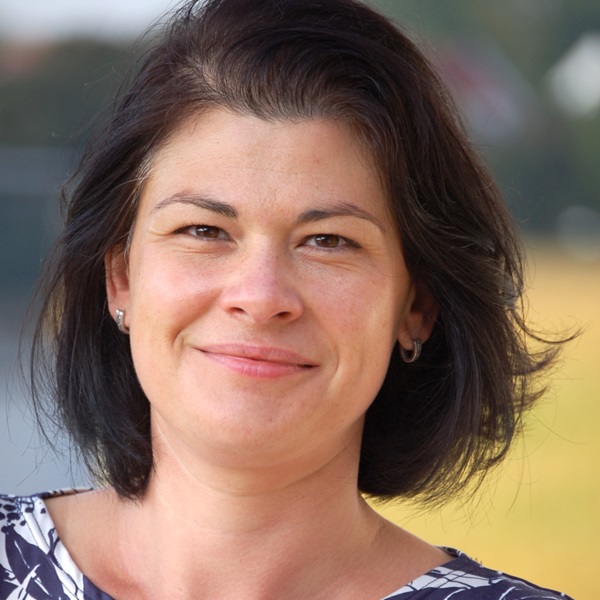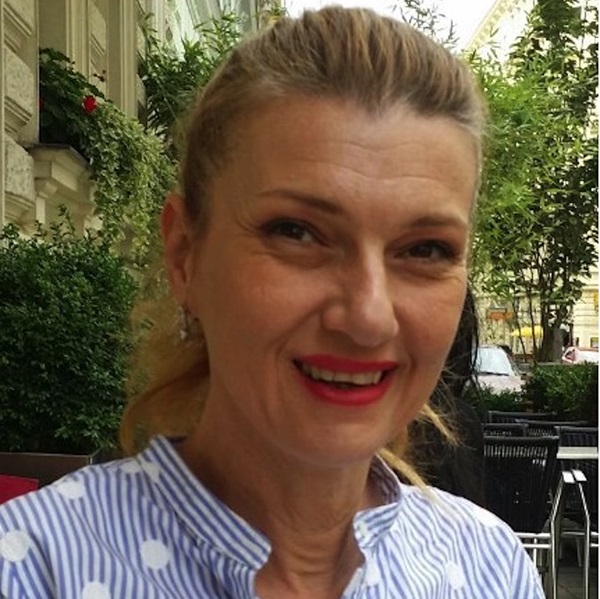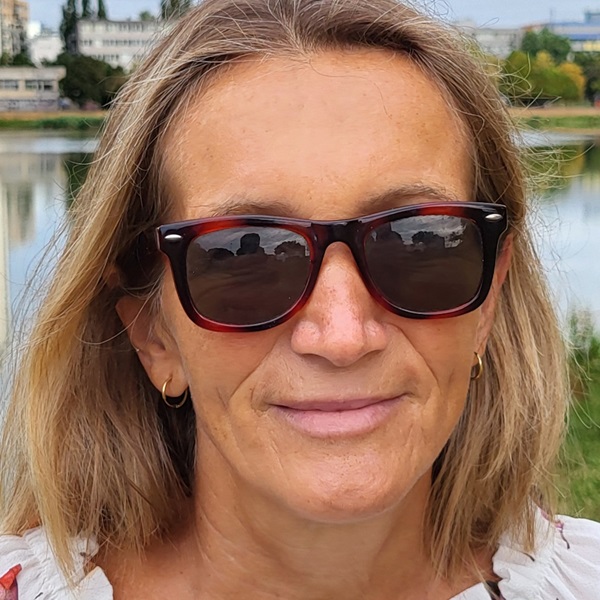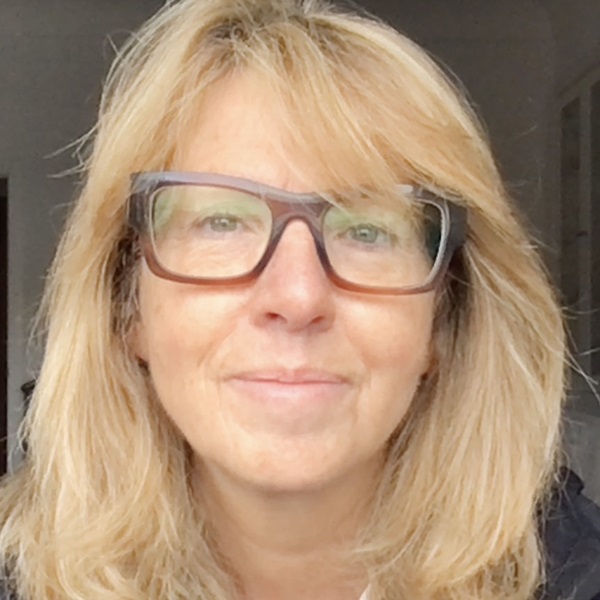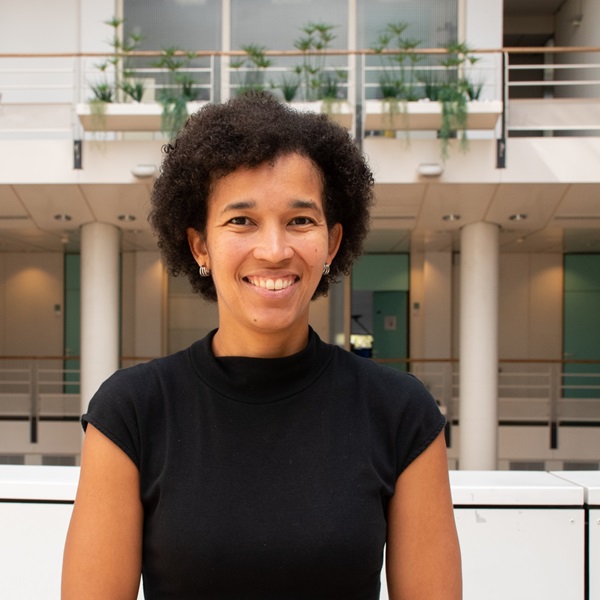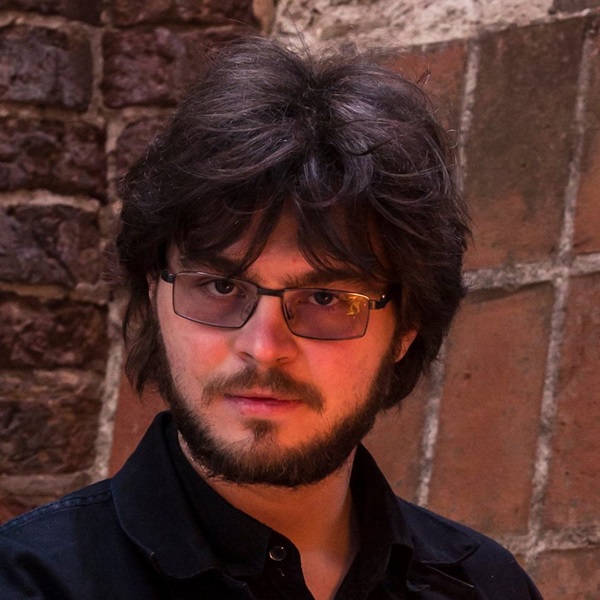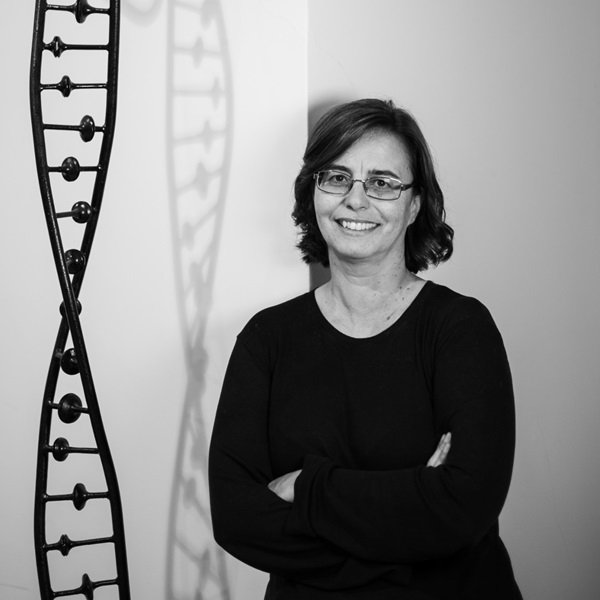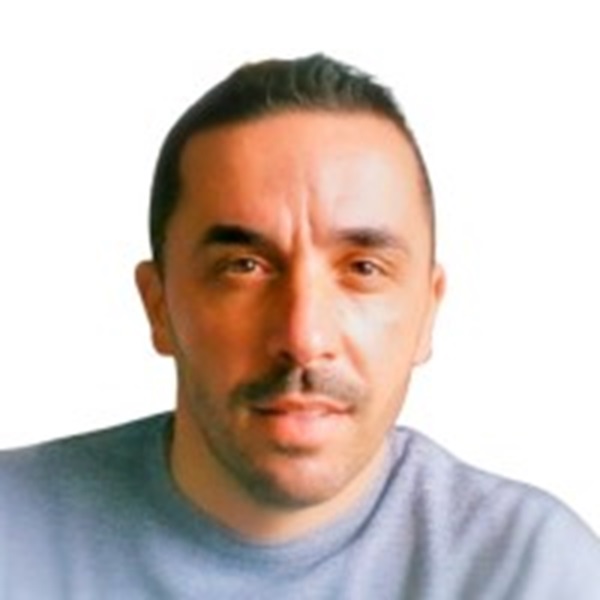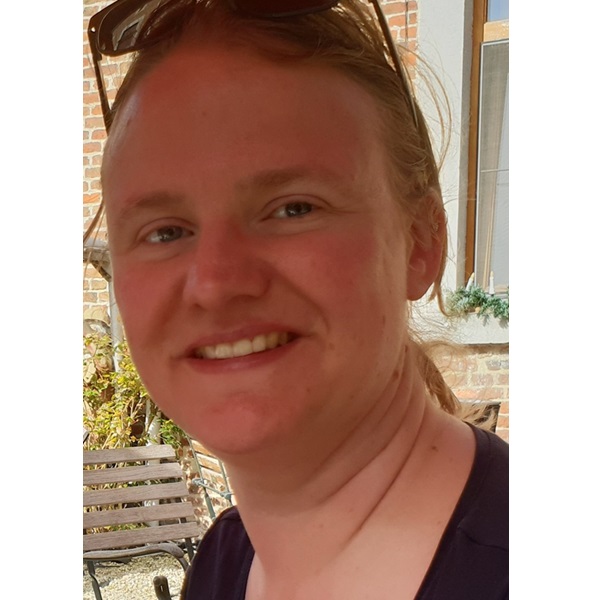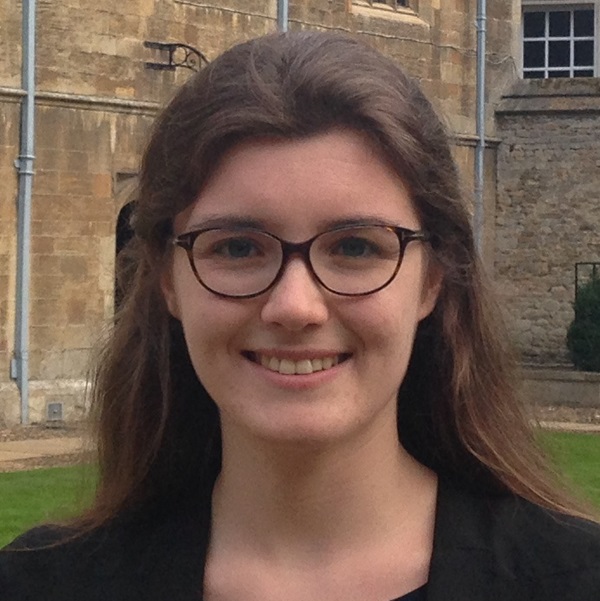Home » Jury
Jury
The Contest Jury is composed of up to 21 highly qualified scientists and engineers with worldwide reputations in their chosen fields.
The Jury carry out their duties at the Contest as independent scientific experts and not as representatives of any institution, organisation or country.
About
Jury | EUCYS 2024
The European Commission appoints the Jury annually, basing its selection on the scientific and technological needs of the Contest. The Jury are selected from both academia and industry. The Commission ensures an appropriate geographical and gender balance. The members normally remain on the Jury for up to 5 years. In exceptional circumstances, the EC reserves the right to appoint Jury members for more than 5 terms.
The role of the Jury at EUCYS is of the utmost importance. The Jury follow the Jury Rules and Guidelines established by the EC. The Jury assess and score the competing projects based on the submitted written descriptions and through interviews with the Contestants carried out during the Contest. Based on their assessment of the projects and on lengthy discussions with other Jury members, the Jury draw up the lists of winners of the core prizes and the special prizes.
The decision of the jury is final.
This year the Commission is delighted to point out that four members of the Jury are previous winners of the Contest.
President of the Jury
Members of the Jury
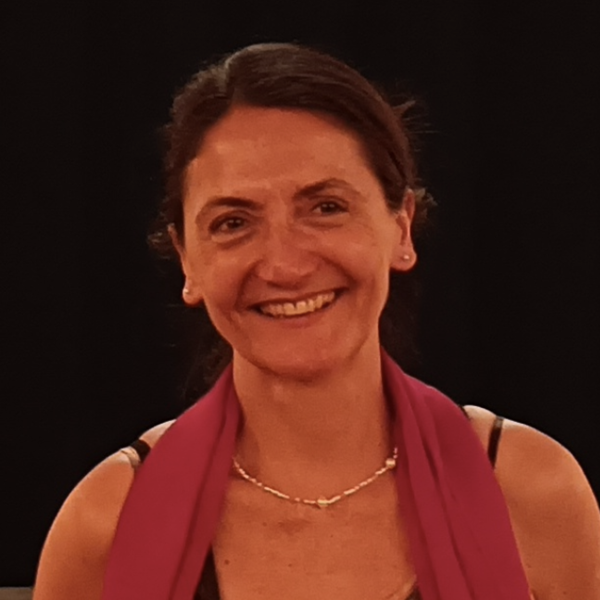
Lina Tomasella
Italy
INAF Italian National Institute for Astrophysics, Padova
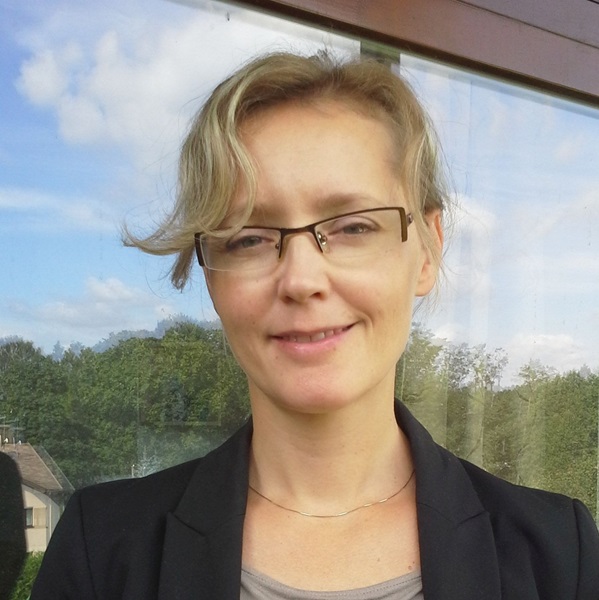
Anna Zajakina
Latvia
Latvian Biomedical Research and Study Centre
